24 Superfoods that make you Healthy
Superfood is a term used for highly nutritious food with various health benefits. Foods like turmeric, garlic, green tea, and eggs are superfoods. Read this article to learn more!
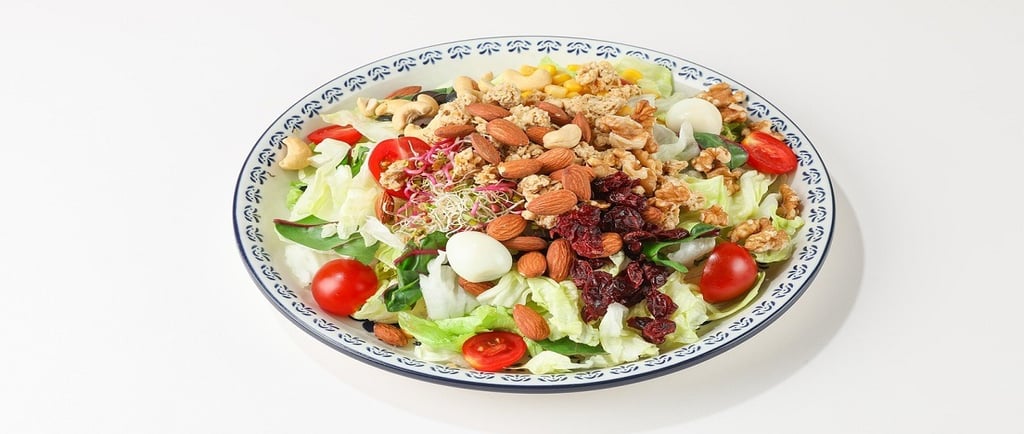

Every food item has a unique vitamin and mineral content, which is beneficial for the body in some way. However, certain foods can be more beneficial for the body due to their high nutritional content and ability to prevent diseases.
There is no specific parameter for the food to be a "Superfood". It is a marketing term to distinguish foods with a higher nutritional profile than others.
Excess free radicals in the body are harmful and cause many diseases. Superfoods are generally high in antioxidants that prevent cell damage from free radicals.
In this article, we will discuss foods rich in a variety of vitamins, minerals, and antioxidants, which can improve your health and be categorized as "Superfoods".
1. Green Tea


Green Tea, also called unoxidized tea, has several health benefits. It contains a compound called epigallocatechin gallate (EGCG), which has anti-inflammatory properties and can make the skin healthy.
Green tea is rich in polyphenols, chlorophyll, and antioxidants. It is low in calories, which can help lose weight.
Regular consumption of green tea can improve metabolism, boost brain function, and reduce the risk of heart disease and type 2 diabetes.
2. Eggs


Eggs are packed with protein, vitamins, and minerals. Egg white (albumen) is a good protein source and doesn't contain carbohydrates or fats. Egg yolk contains vitamin A, B2, B12, folate, and minerals like phosphorus, potassium, and zinc.
Eggs are low in calories; a large 50 g egg contains only 78 calories, so it is a low-calorie, nutrient-dense food. Boiled and poached eggs are considered the healthiest.
Eggs benefit muscle growth, immunity, brain, and skin health. Nutrients like calcium, phosphorus, and vitamin D help strengthen bones and teeth. Regular consumption of eggs may lower the risk of anxiety and depression.
3. Garlic
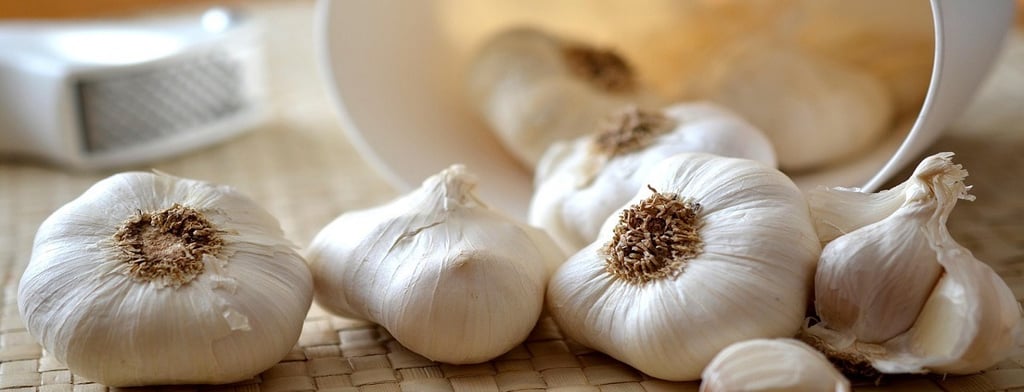

Garlic is a member of the onion family and has several health benefits. It contains allicin, a sulfur chemical with a pungent smell. Garlic is also a good source of manganese, selenium, vitamin C, and B6.
Garlic detoxifies and removes heavy metals from the body. It has antibiotic properties that prevent infection from bacteria.
Garlic can reduce blood pressure and help prevent brain diseases like Alzheimer's. Its regular consumption can improve heart health and protect the liver from damage.
4. Salmon


Salmon is a nutrient-rich fatty fish. It contains protein, omega-3 fatty acids, Vitamin B, and minerals such as phosphorus, potassium, magnesium, and zinc.
Astaxanthin, an antioxidant found in salmon, gives it the pink color and has several health benefits. Salmon is rich in Vitamin D, essential for calcium absorption in the body.
Regular consumption of salmon can reduce blood pressure, lower inflammation, improve heart health, and boost brain function.
Salmon contains selenium, which improves thyroid function and strengthens bones. Regular consumption may lower bad cholesterol (LDL) and increase good cholesterol (HDL).
Various other benefits of salmon include better vision, good skin health, and may provide relief from anxiety and depression.
5. Turmeric
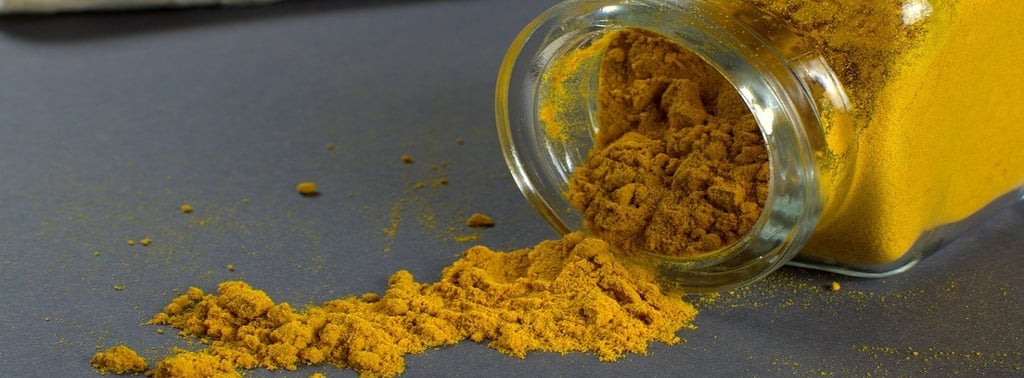

Turmeric's signature yellow color comes from curcumin, a natural compound with antifungal and anticancer properties. It also contains phytonutrients that prevent cell damage from harmful free radicals.
Turmeric is a natural pain reliever, it also provides relief from joint pain and arthritis. It contains antioxidants that protect the liver from harmful toxins. Turmeric has anti-cancer properties and can prevent prostate and pancreatic cancer.
Curcumin present in turmeric has anti-aging properties and also improves heart health. When applied to the skin, turmeric paste can reduce acne and wrinkles.
Antibacterial properties of turmeric can reduce cough and cold. Consuming a pinch of turmeric with lukewarm milk can boost immunity and improve memory and concentration.
6. Dark Leafy Vegetables


Dark green leafy vegetables like spinach, Kale, Swiss chard, and turnip greens are rich in vitamin C, A, folate, iron, magnesium, zinc, calcium, and phosphorus.
They are rich in plant compounds like nitrates, lutein, and zeaxanthin, which lower the risk of heart diseases and cataracts.
Dark green leafy vegetables contain antioxidants that protect the cells from harmful free radicals. They contain MGDG and SQDG, compounds that lower the risk of prostate and breast cancer.
Alpha-lipoic acid (ALA), an antioxidant in these vegetables, may lower glucose levels and help manage type 2 diabetes. Regular consumption of green leafy vegetables can improve skin and hair health, boost metabolism, and improve lung function.
Dark leafy vegetables are easy to consume; you can stir-fry them or add them to your soups and salads.
7. Dark Chocolate
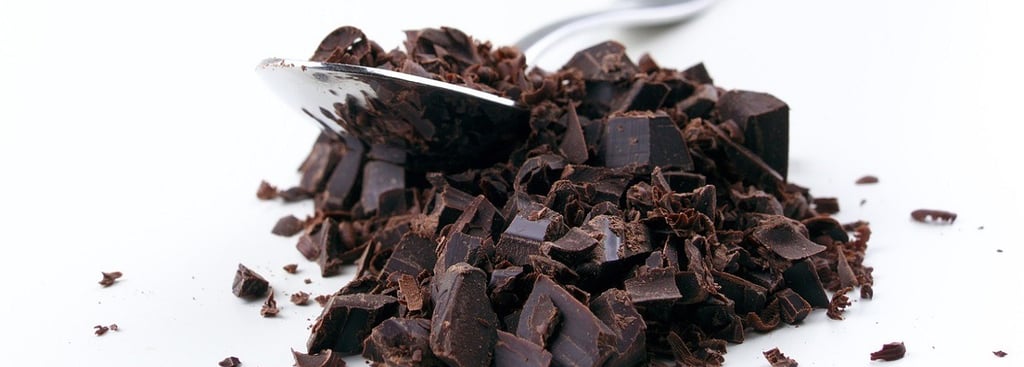

Any Chocolate containing more than 50% cocoa solids is considered dark chocolate. High cocoa content has several health benefits, including improved heart health and decreased inflammation.
Dark chocolate is considered a superfood due to its high content of antioxidants, such as flavonoids, and nutrients, such as iron, magnesium, zinc, phosphorus, and manganese.
Regular consumption of dark chocolate improves blood flow, reduces blood pressure, lowers bad cholesterol (LDL) and triglycerides, stimulates sex drive, boosts brain function, and makes skin healthy.
8. Berries
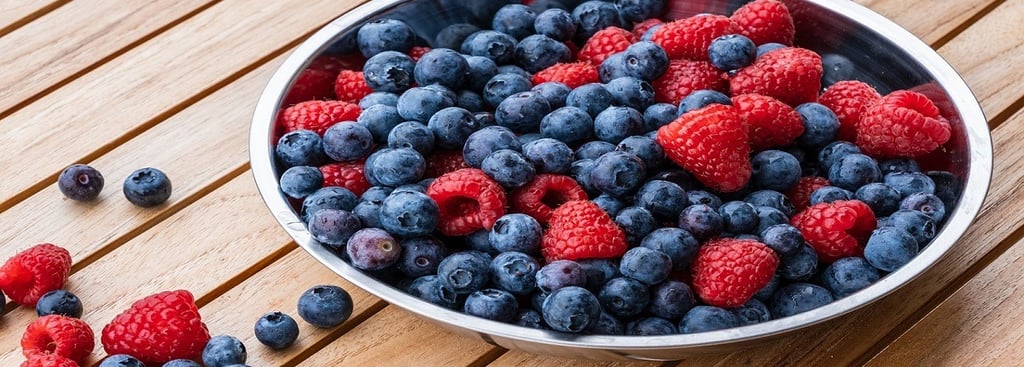

Berries like strawberries, raspberries, blackberries, and blueberries are superfoods rich in fiber, vitamins, and minerals. Their dark color is due to their high amount of antioxidants, which help prevent cell damage, lower the risk of heart disease, and reduce inflammation.
Regular consumption of berries improves digestion, regulates blood pressure, and blood sugar. You can consume berries directly or add them to desserts, smoothies, and cereals.
9. Legumes
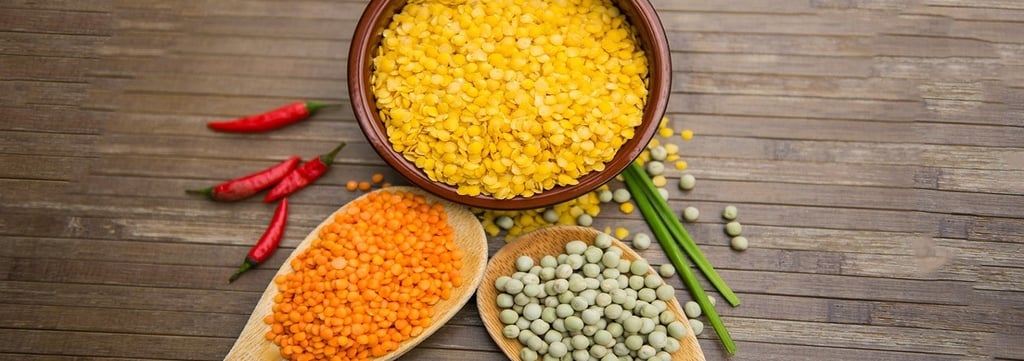

Legumes are a group of foods that include beans ( kidney, black, red, soy, etc.), lentils, peas, and peanuts. They are nutrient-dense and can be categorized as superfoods.
Legumes are the source of plant-based protein, fiber, various B vitamins, folate, and essential minerals. These nutrients help prevent several diseases.
Regular consumption of legumes may regulate type-2 diabetes, control blood pressure, and help lower cholesterol levels.
Protein and fiber in legumes promote the feeling of fullness and help keep you full for longer, thus aiding weight management.
10. Yogurt


Another name in the list of superfoods is Yogurt, which is full of vitamins, minerals, and numerous health benefits.
Yogurt is a good source of calcium and protein. It is also rich in minerals like phosphorus, magnesium, and potassium, and contains vitamins B2 and B12, which are good for heart health.
Yogurt contains protein, which boosts muscle health, keeps you fuller for longer, and aids in weight management. It also contains probiotics that reduce inflammation, improve gut health, and relieve bloating, constipation, and diarrhea.
Yogurt's high calcium content helps strengthen bones and prevent bone diseases like osteoporosis. In yogurt, minerals like magnesium, selenium, and zinc boost immunity and protect against many diseases.
11. Nuts
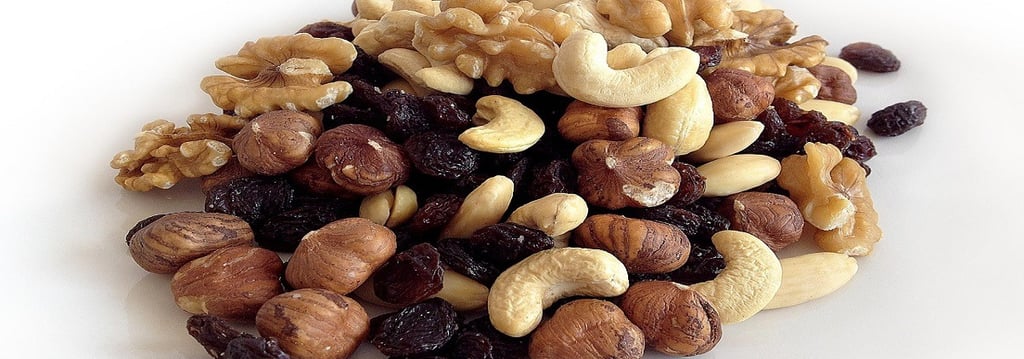

Nuts like walnuts, almonds, and hazelnuts contain plant-based protein and healthy fats. They are high in fiber and antioxidants. Regular consumption of nuts can improve your health and prevent several diseases.
Omega-3 fatty acids present in nuts benefit heart health and improve brain function. Nutrients like Vitamin E, zinc, and selenium in nuts can improve skin health and slow skin ageing.
Nuts contain calcium, magnesium, and copper, which strengthen bones. Protein and fiber in nuts keep you fuller for longer and may aid weight loss.
Nuts can be consumed as healthy snacks. So many health benefits make the nuts a superfood.
12. Seeds
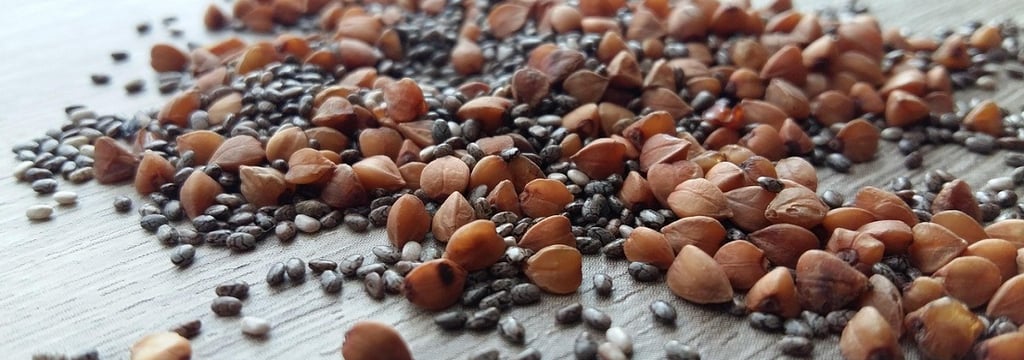

Various seeds, such as chia, pumpkin, and sunflower, contain essential minerals like magnesium, selenium, copper, and iron. They are rich in healthy omega-3 fatty acids.
Seeds are high in fiber, which promotes gut health and provides satiety. They contain antioxidants that provide several health benefits.
Regular consumption of seeds can lower cholesterol, strengthen bones, control blood sugar and blood pressure, and improve skin condition.
Dry roast and grind the seeds mix to make a fine powder and add it to the milk, smoothies, and shakes.
13. Avocados


Avocados are a superfood with numerous nutrients and health benefits. They are rich in monounsaturated healthy fats that reduce bad cholesterol.
Avocados are a good fiber source and are rich in Vitamin E and oleic acid, which benefits heart and skin health.
They contain essential nutrients like potassium, folate, vitamin B6, and vitamin C. Consuming Avocados can improve digestion and vision, regulate blood pressure, ease arthritis, and lower the risk of bone diseases like arthritis and osteoporosis.
Avocados are low in sugar and can be eaten with toast, in salads, grilled, pickled, or as a healthier alternative to mayonnaise.
14. Ginger


Ginger is a root vegetable used in cooking and has medicinal properties. It has numerous health benefits, making it a superfood. Ginger contains gingerol, a compound that reduces inflammation and acts as an antioxidant.
Ginger can relieve nausea, aid weight loss, reduce osteoarthritis pain, and lower blood sugar. It can help stimulate digestive juices for better digestion.
Ginger relieves menstrual pain and lowers cholesterol levels. It also reduces the risk of brain diseases like Alzheimer's.
Ginger has antimicrobial properties that can help fight bacteria and fungal infections. It is easy to use: You can make ginger tea, use ginger paste in cooking, grate the ginger on savory dishes, or use ginger powder.
15. Sweet Potato
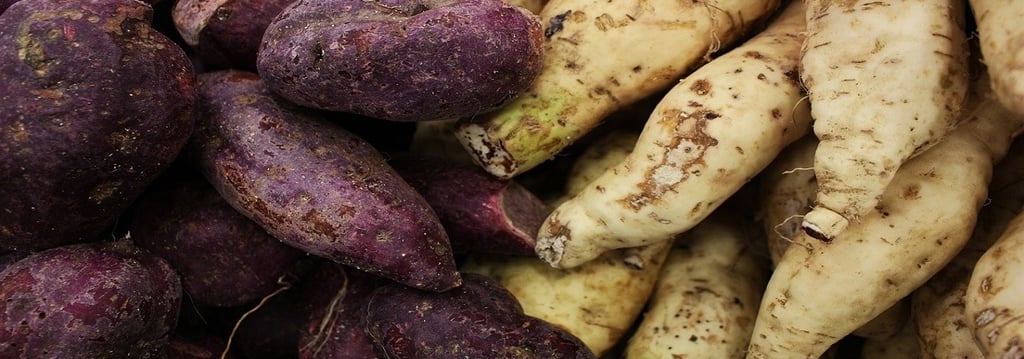

Sweet potato is a highly nutritious root vegetable. It is a good Vitamin A source and 100 g of it fulfils your
Vitamin A requirement for the day.
Sweet potato contains Vitamin B, C, manganese, and copper, making it a superfood. Fiber in sweet potatoes improves gut health. Anthocyanins, a type of antioxidant found in purple sweet potato, can lower the cancer risk.
Regular consumption of sweet potatoes may improve vision, promote brain function, and boost immunity. Sweet potatoes can be eaten boiled, mashed, fried, or mixed with milk as a dessert.
16. Mushrooms
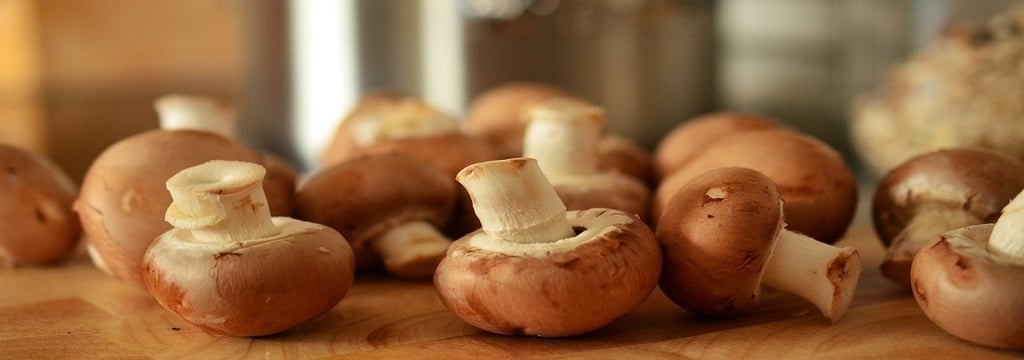

Mushrooms are low in calories and highly nutritious. They are rich in nutrients like Vitamin D, selenium, copper, magnesium, phosphorus, and antioxidants. There are many types of edible mushrooms: Button, portobello, oyster, enoki, and morel are some of them.
Cremini Mushrooms (or young portobello mushrooms) contain zinc, necessary for immunity and child growth. Mushrooms contain Vitamin D, which is present in very few food items, and can help strengthen bones.
Regular consumption of mushrooms may lower blood pressure, prevent cell damage, and promote red blood cell production. 100 g of mushrooms contains only 22 calories, making it an excellent food for a weight loss diet.
Mushrooms can be easily consumed with pizza, salads, soups, curry, or stir-fried vegetables.
17. Olive Oil
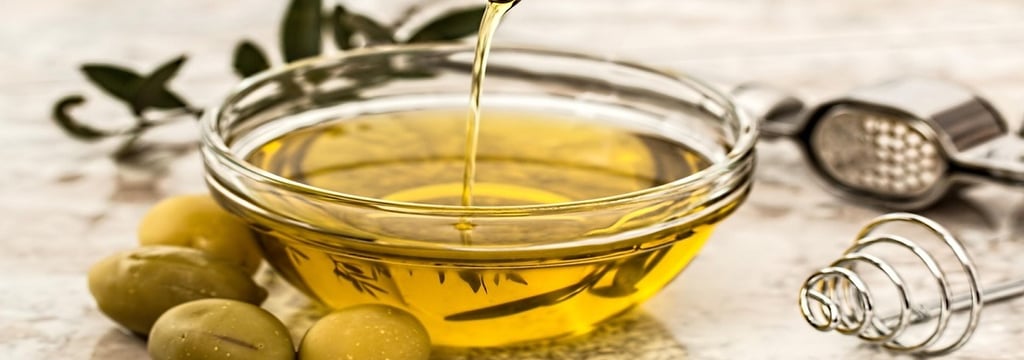

Olive oil is a superfood full of healthy fats and antioxidants. It contains oleic acid, a monounsaturated healthy fat that reduces inflammation and harmful free radicals. Olive oil is rich in polyphenols (biologically active antioxidants) that lower the risk of heart disease.
It may help increase HDL (good cholesterol) and reduce the risk of diabetes and brain disease like Alzheimer's.
Extra virgin olive oil undergoes less processing and contains more polyphenols and antioxidants. You can consume olive oil as a salad dressing, sprinkle it on veggies, and as a dip, or as a replacement for other cooking oils.
18. Whole Grains
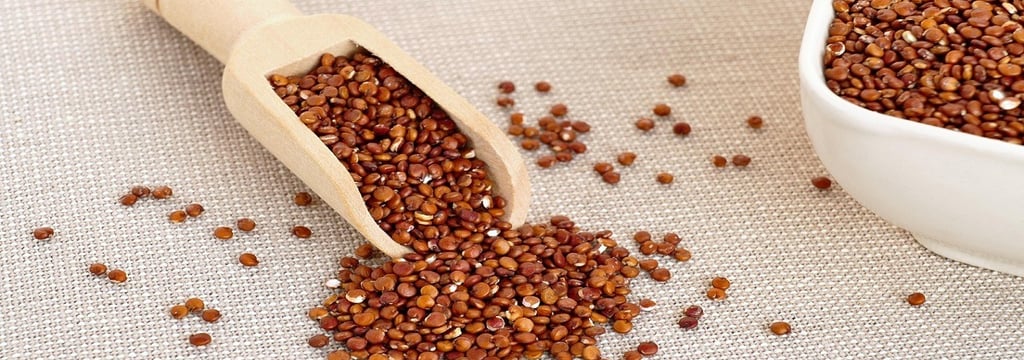

Whole grains like millets, barley, quinoa, brown rice, etc., are superfoods. They are high in fiber and contain nutrients like Vitamin A, B, E, iron, magnesium, and selenium.
Whole grains may lower bad cholesterol, regulate blood pressure, and control blood sugar.
Whole grains contain phytochemicals, plant compounds with antioxidant properties that can reduce the risk of certain cancers.
Fiber in whole grains keeps you fuller for longer, so you consume fewer calories during the day, which helps in weight management.
19. Cruciferous vegetables


Broccoli, cauliflower, cabbage, and kale are cruciferous vegetables. They are low in calories, high in fiber, and contain nutrients like Vitamin K, A, C, iron, calcium, and selenium.
They contain beta-carotene, which acts as an antioxidant and gives vibrant colors to the vegetables.
Cruciferous vegetables can improve heart health, immunity, and aid weight loss. They contain soluble and insoluble fiber for better digestion.
These vegetables contain glucosinolates, sulfur-containing chemicals that can reduce the risk of colorectal, prostate, and breast cancer.
20. Banana
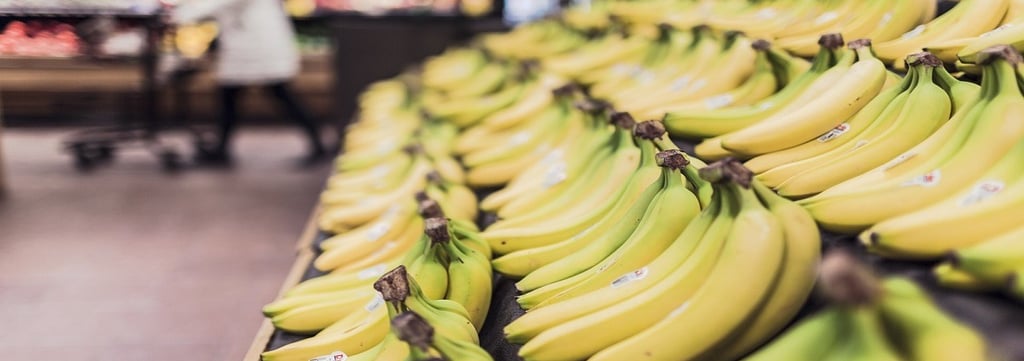

Banana is a nutrient-dense superfood. It is a good source of fiber, potassium, vitamin C, and magnesium. Bananas contain antioxidants that prevent cell damage and lower the risk of heart disease.
Bananas can improve digestion, keep you fuller for longer, and are a good post-workout food that reduces inflammation and replenishes the electrolytes (potassium and magnesium) lost in sweating. Unripe or green banana has resistant starch that can help manage blood sugar.
You can eat bananas directly or mix them in smoothies and shakes. Banana chips available in stores are also a healthy snack option.
21. Pomegranate
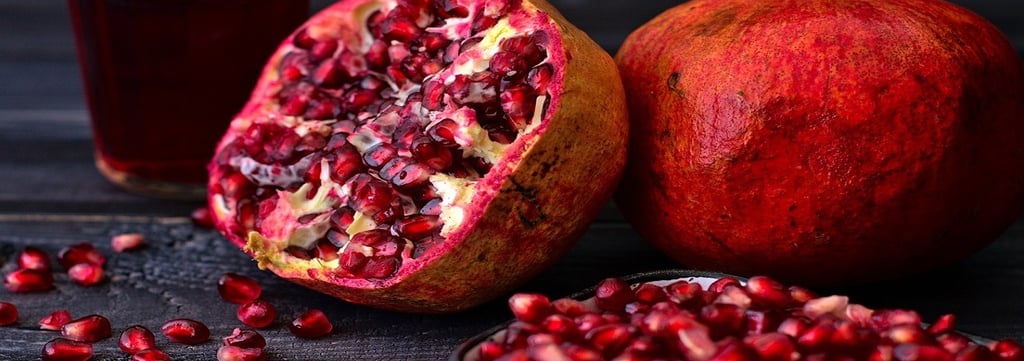

Pomegranate contains more antioxidants than red wine and green tea, which makes it a superfood.
Pomegranate contains polyphenols, an antioxidant that prevents heart disease and can lower the risk of brain diseases like Alzheimer's and parkinson's.
Pomegranate may prevent kidney stone formation and improve digestion. It can also help regulate blood pressure and control blood sugar levels.
Regular consumption of pomegranate can lower the risk of osteoarthritis and colon cancer.
22. Sea Vegetables


Sea vegetables, also called seaweed, are underwater algae. Some common sea vegetables are kelp, salicornia, dulse, nori, etc. They are an excellent source of protein, fiber, iron, potassium, magnesium, Vitamin A, and Vitamin C.
Sea vegetables are low in calories and can help with weight loss, heart health, and blood pressure management.
Sea vegetables contain phytonutrients, plant compounds with anti-inflammatory and antiviral properties. Folate (B9) present in it reduces the risk of colon and breast cancer.
Add sea vegetables to your soups, use them in salads, or mix them in smoothies.
23. Organ Meat


Organ meat contains more nutrients than other meat cuts. They are rich in protein, vitamins, and essential minerals. Animals' internal organs, like the kidneys, liver, and brain, are superfoods with several health benefits.
Beef or chicken liver contains a high amount of iron, necessary for blood production. Organ meat is rich in vitamin B6, B12, and alpha-lipoic acid. It also contains essential minerals like magnesium, selenium, and zinc, which improve muscles, nerves, and reproductive health.
Several fat-soluble vitamins in organ meat, such as Vitamin A, D, and E, improve vision, boost immunity, and protect the cells from damage.
Animal liver is an excellent source of choline that helps boost memory and promote heart health.
24. Tomatoes
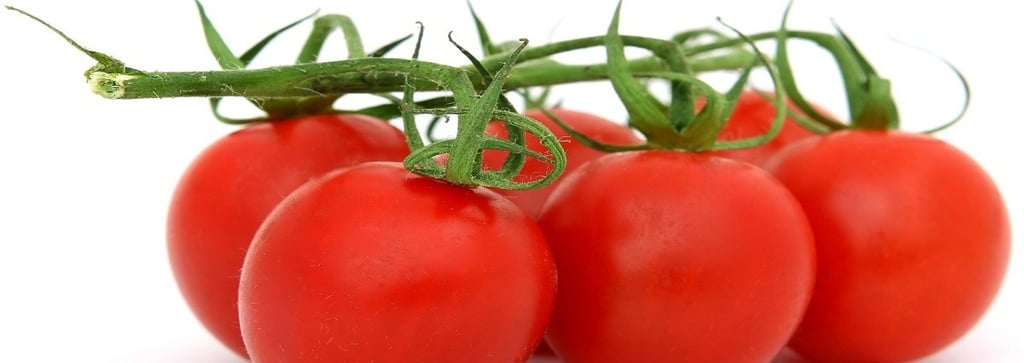

Tomatoes are superfoods with antioxidants, fiber, potassium, phosphorus, vitamin A, and several other nutrients.
Tomatoes contain antioxidants like beta carotene, lycopene, and lutein that can improve vision and lower the risk of cataracts.
Vitamin C in tomatoes helps produce collagen, a protein required for healthy skin and hair. Tomatoes are high in fiber, which improves digestion and helps manage diabetes.
Nutrients like choline and potassium in tomatoes can help improve heart health.
Conclusion
A healthy diet containing superfoods provides all the essential nutrients for a healthy body. Every superfood has its specific health benefits. Try to consume all superfoods in moderation and customize your meals according to your health goals.
In addition to this, avoid the excess consumption of white sugar, fried foods, sweets, and processed food, which can hamper your health.
Keep rotating the superfoods in your meal to get all the health benefits, and drink enough water to stay hydrated, as it improves digestion and helps in the absorption of nutrients from the food.
